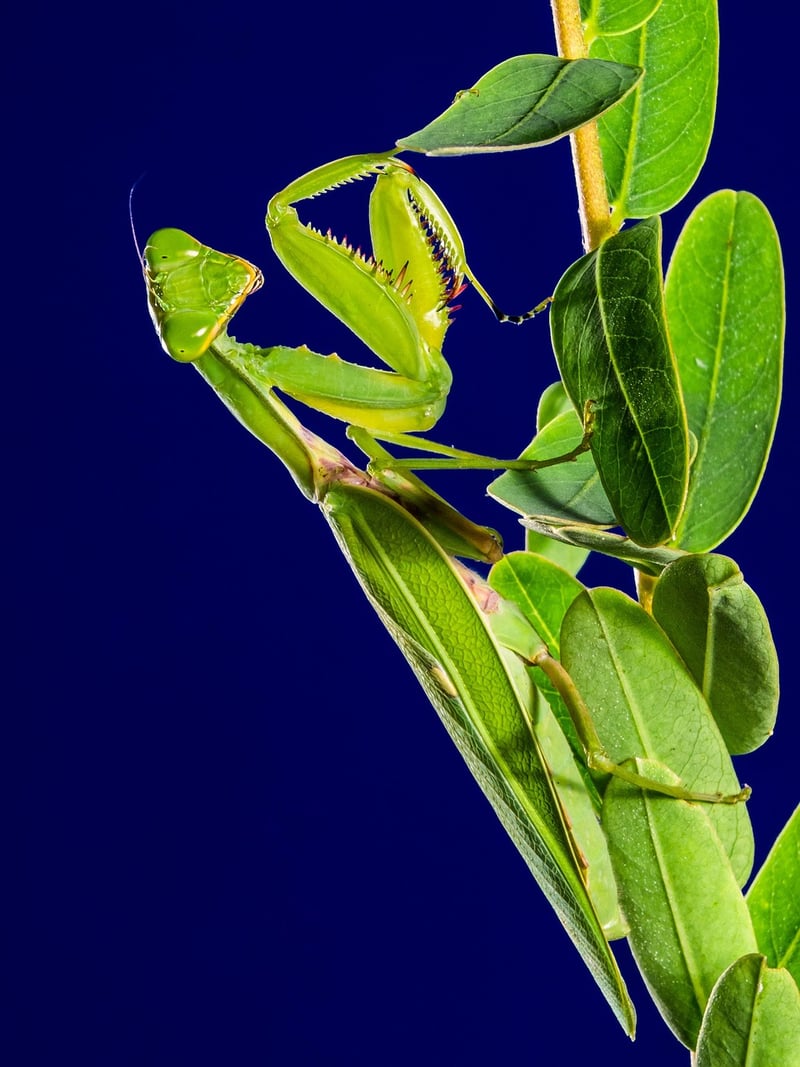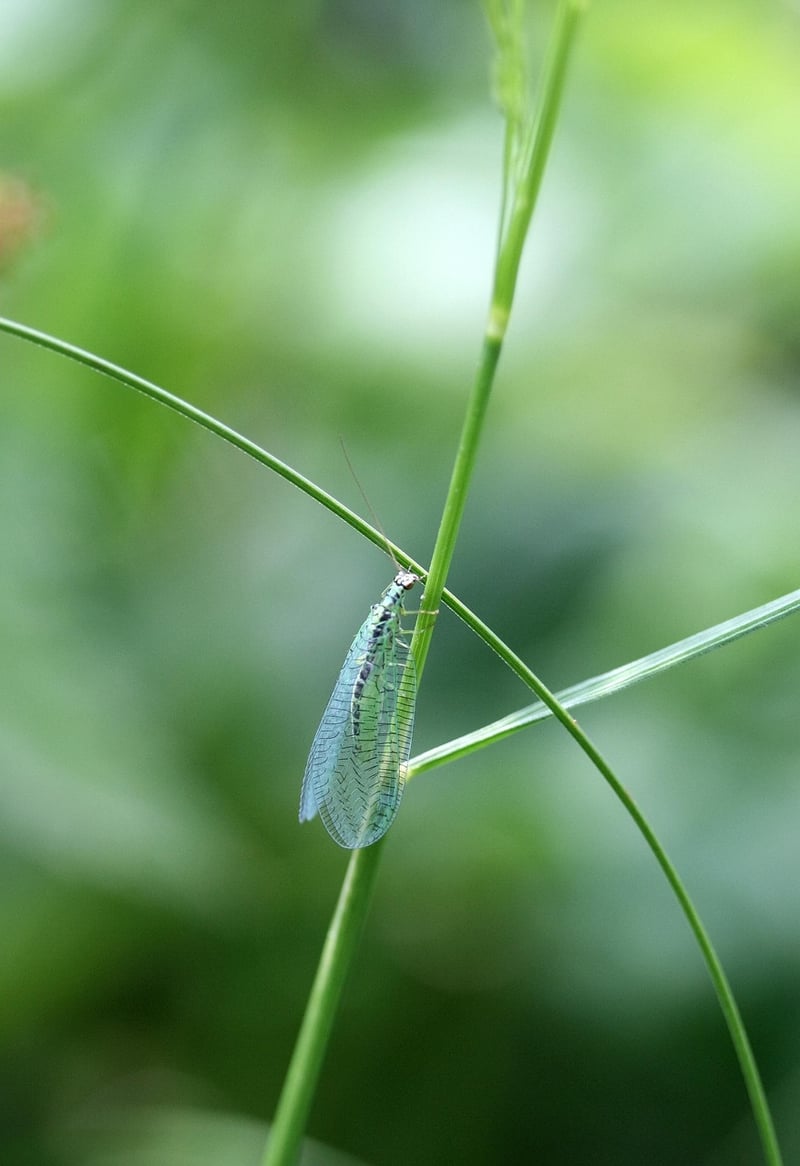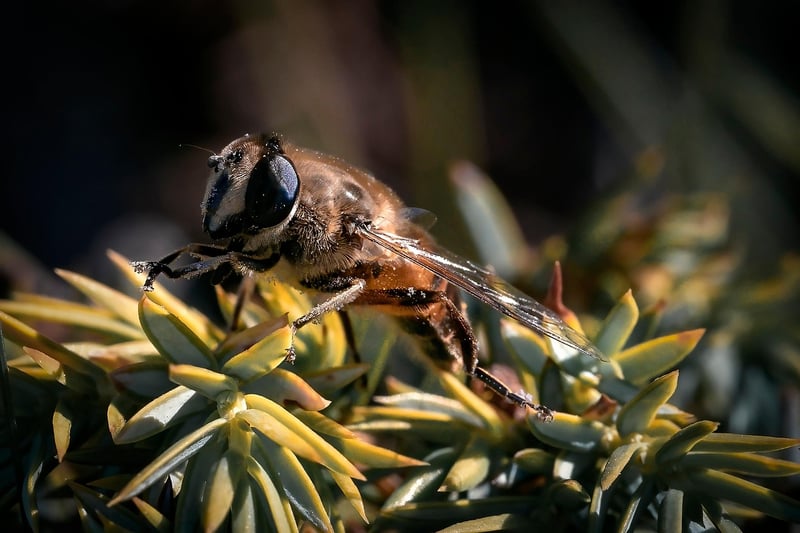Beneficial Insects
Protecting Your Plants from Pests with Beneficial Insects
Are you tired of battling pesky insects that damage your plants and crops? Instead of reaching for harmful pesticides, consider enlisting the help of beneficial insects to naturally control pest populations in your garden. These tiny allies can be a powerful weapon in your fight against unwanted pests, promoting a healthy and balanced ecosystem in your garden.
What are Beneficial Insects?
Beneficial insects are organisms that prey on or parasitize garden pests, helping to keep their populations in check. By introducing these insects into your garden, you can reduce the need for chemical pesticides and promote a more sustainable approach to pest control.
Common Beneficial Insects
- Ladybugs: Ladybugs are well-known predators of aphids, mealybugs, and other soft-bodied insects.
- Praying Mantis: Praying mantises feed on a variety of insects, including caterpillars and beetles.
- Lacewings: Lacewing larvae are voracious predators of aphids, caterpillars, and other small insects.
- Hoverflies: Hoverfly larvae consume aphids, thrips, and other small insects, while adult hoverflies are important pollinators.
How to Attract Beneficial Insects
Creating a welcoming environment for beneficial insects is key to establishing a healthy population in your garden. Here are some tips to attract these helpful allies:
- Plant Diversity: Grow a variety of flowers, herbs, and vegetables to attract a wide range of beneficial insects.
- Provide Shelter: Include plants that offer shelter, such as tall grasses, shrubs, and small trees.
- Limit Pesticide Use: Minimize the use of chemical pesticides that can harm beneficial insects.
- Install Insect Houses: Place insect houses or hotels in your garden to provide nesting sites for beneficial insects.
Conclusion
By harnessing the power of beneficial insects, you can protect your plants from pests in an environmentally friendly way. Encouraging a diverse ecosystem in your garden not only controls pest populations but also promotes biodiversity and overall garden health.
So, next time you spot a pest in your garden, consider inviting some beneficial insects to the table and let nature take care of the rest!




